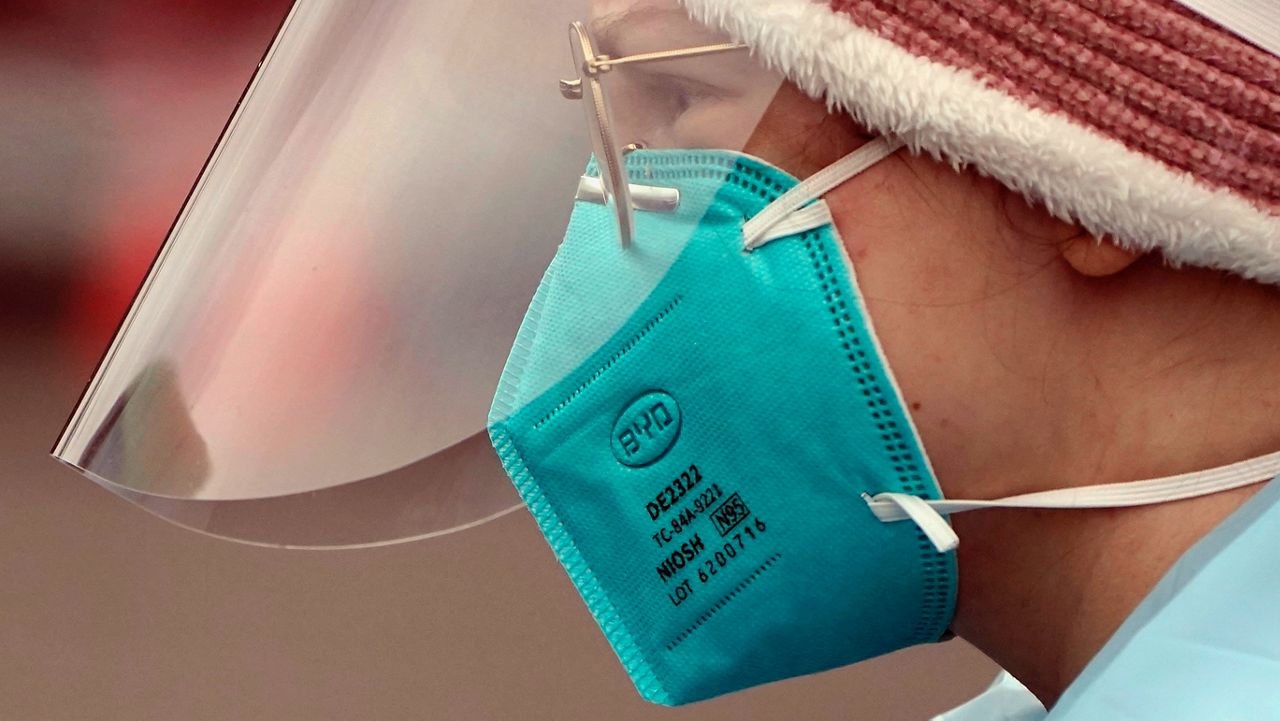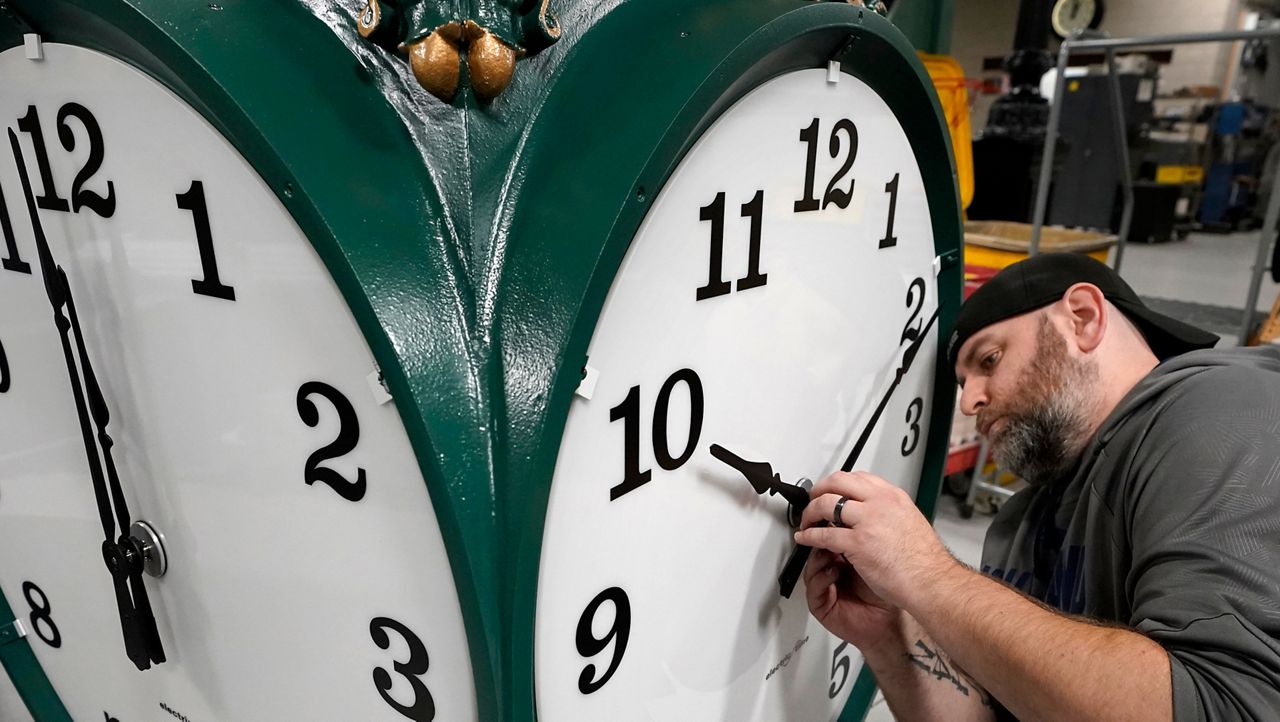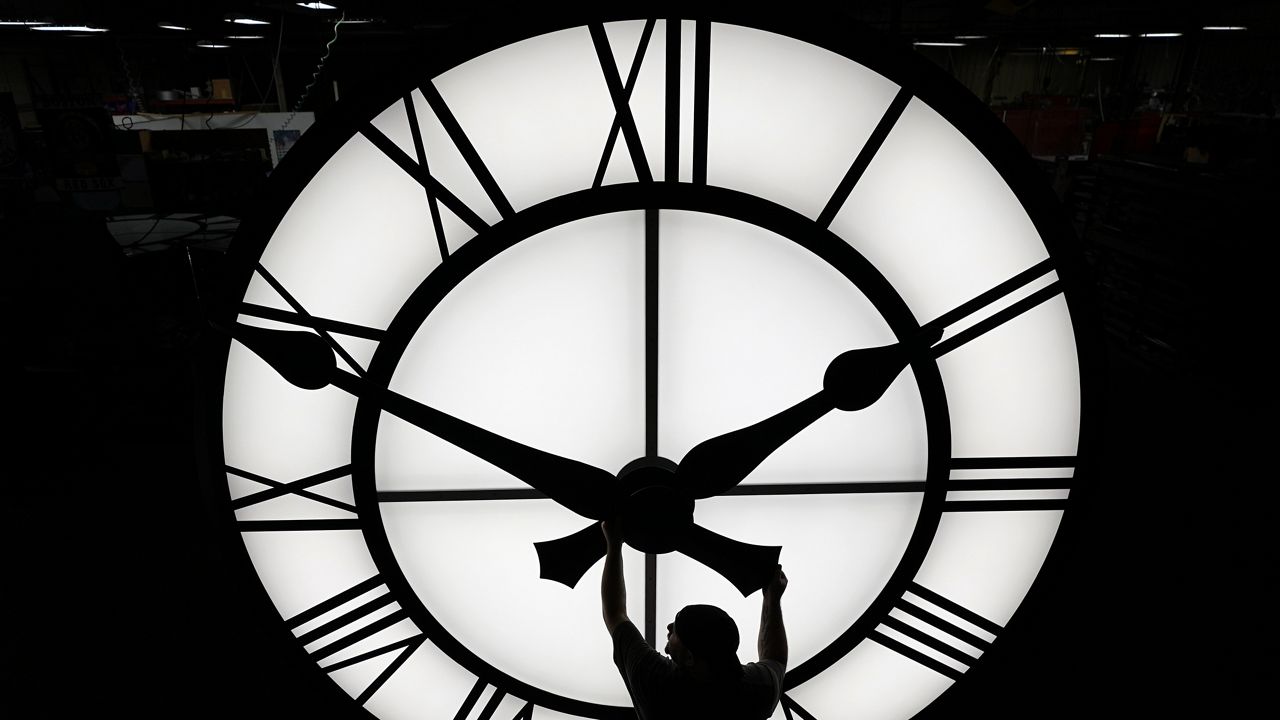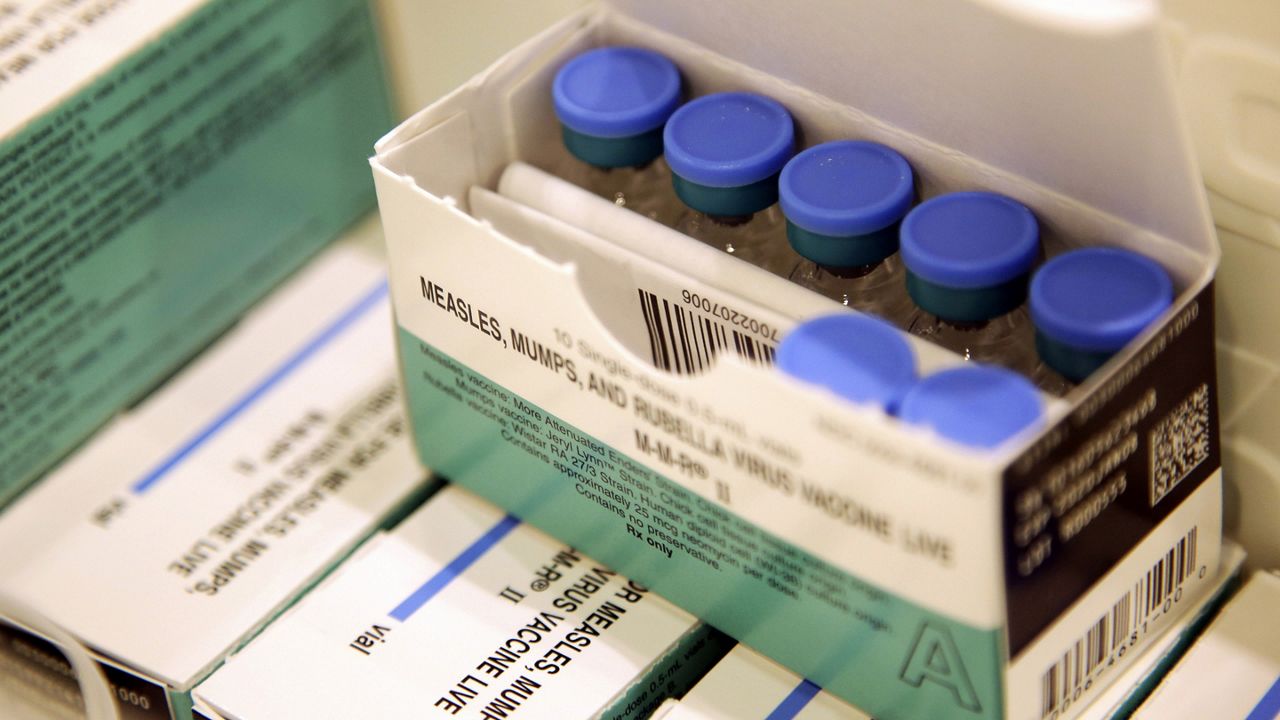New York state and city health officials announced Friday that poliovirus has been detected in wastewater sampled from parts of New York City, suggesting likely local circulation of the virus.
A positive case was identified in a Rockland County resident in July, prompting state health officials to begin testing wastewater samples. Positive samples were detected in both Rockland and Orange counties in May, June and July.
What You Need To Know
- New York City officials detected the polio virus in the city's sewage Friday
- The announcement suggests likely circulation of the virus in the population
- Health officials say the resurgence of the poliovirus is due to the fallen vaccination rates
State Health Commissioner Dr. Mary Bassett did not say where in New York City the poliovirus sample was discovered, but did note that officials had anticipated this scenario.
"The detection of poliovirus in wastewater samples in New York City is alarming, but not surprising. Already, the State Health Department - working with local and federal partners - is responding urgently, continuing case investigation and aggressively assessing spread," she said in a statement.
There is no cure for polio, nor treatment - but it is preventable through vaccination, which state health officials are continuing to urge.
"The best way to keep adults and children polio-free is through safe and effective immunization - New Yorkers' greatest protection against the worst outcomes of polio, including permanent paralysis and even death," Bassett said.
The detection in New York City is particularly concerning to health officials, who said vaccination for the poliovirus has continued to fall among New York City children since 2019, "putting us at risk for outbreaks and devastating complications."
"There is a presence in the New York City wastewater,” Gov. Kathy Hochul said. “This is something we are monitoring closely."
"After frankly years of attacks on science, attacks on immunizations, especially coming out of Covid-19, we are seeing vaccination rates fall across a whole host of diseases, including polio," Dr. Ashwin Vasan, the city’s health commissioner, said.
Officials are urging New Yorkers to check their vaccination status and get vaccinated if they haven't already.
"The number one thing people can do to protect themselves is to ensure they, their children, their loved ones are vaccinated,” Hochul said. “We are standing up more vaccination sites."
"We're not talking about particular communities or particular neighborhoods,” Vasan said. “What we're talking about is an overall level of risk and an opportunity to take a proven intervention and bring it back."
Only 86.2% of New York City children between the ages of 6 months and 5 years have received the recommended three doses of polio vaccine, according to officials. The city's health department has continued to track the data over the years and released a map last month showing the neighborhoods where vaccination against the virus is both highest and lowest.
It is recommended that all children receive four doses of the polio vaccine before the age of 6. Adults who have only had one or two doses should get the remaining doses.
Additionally, adults who were fully vaccinated as children and are at risk of exposure should get one adult booster dose vaccine “if traveling to an area where there is a poliovirus transmission,” according to the city's Health Department.
Polio can lead to permanent paralysis of the arms and legs, and could be fatal due to paralysis in muscles required to breathe and swallow, according to the release from the health departments.
Most people infected with the virus will not have symptoms, but one in every four people with an infection will have flu-like symptoms (such as a sore throat, fever, fatigue and nausea), officials said.
The city's Health Department warns one in 25 people with an infection can develop viral meningitis, and about one in every 200 people will experience paralysis.
"When you detect it in the sewage it usually isn't because there is one person with polio,” Dr. Jay Varma, who worked for the de Blasio administration and is now at Weill Cornell Medical College, said. “It could mean there are hundreds, possibly even thousands of people. If you are up to date on your vaccines, particularly your children, then there is no new action you need to take, but if you are not up to date or you’re uncertain it’s really important that you run, not just walk to your pediatrician because this is not a disease we want to see return here in the city.”









